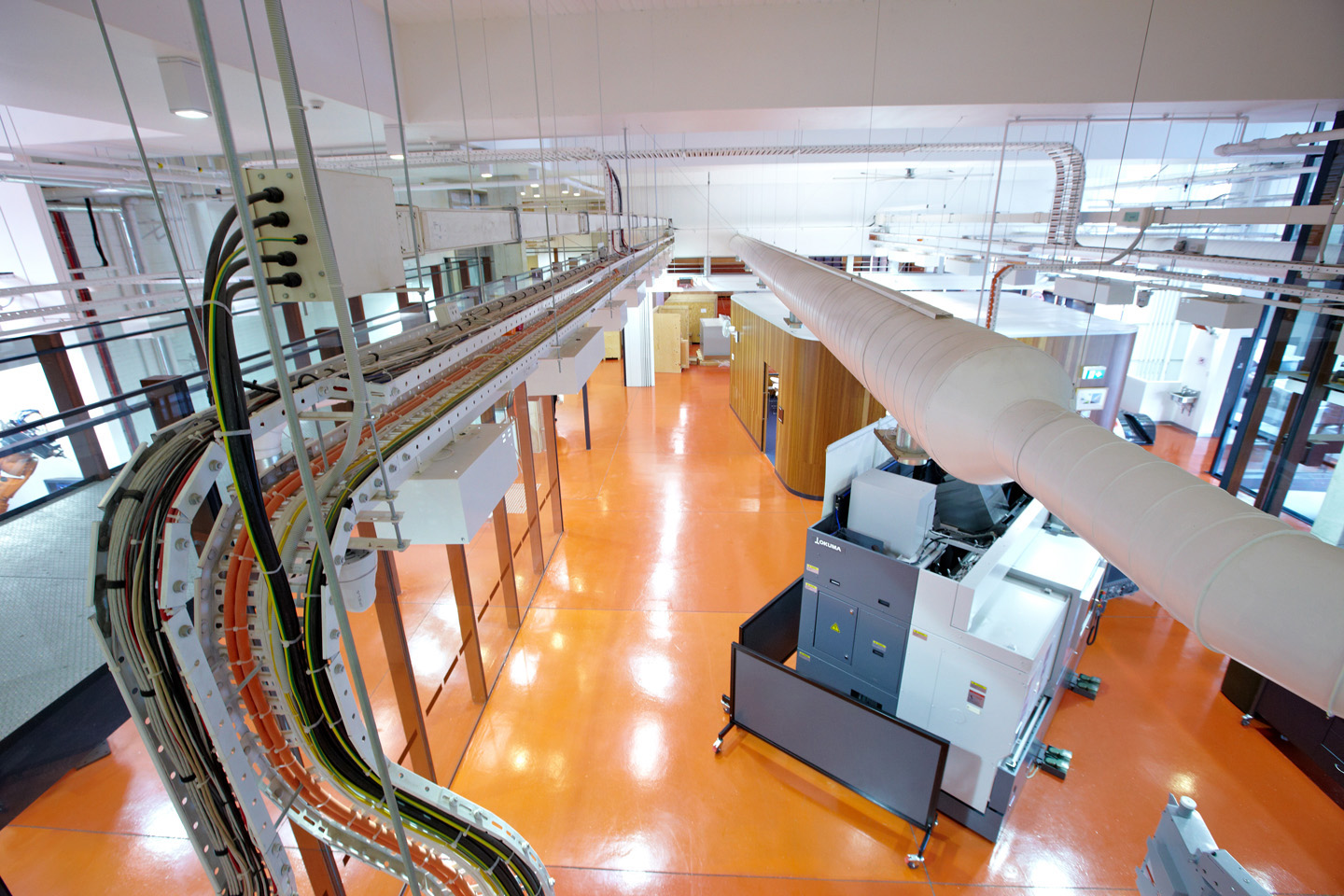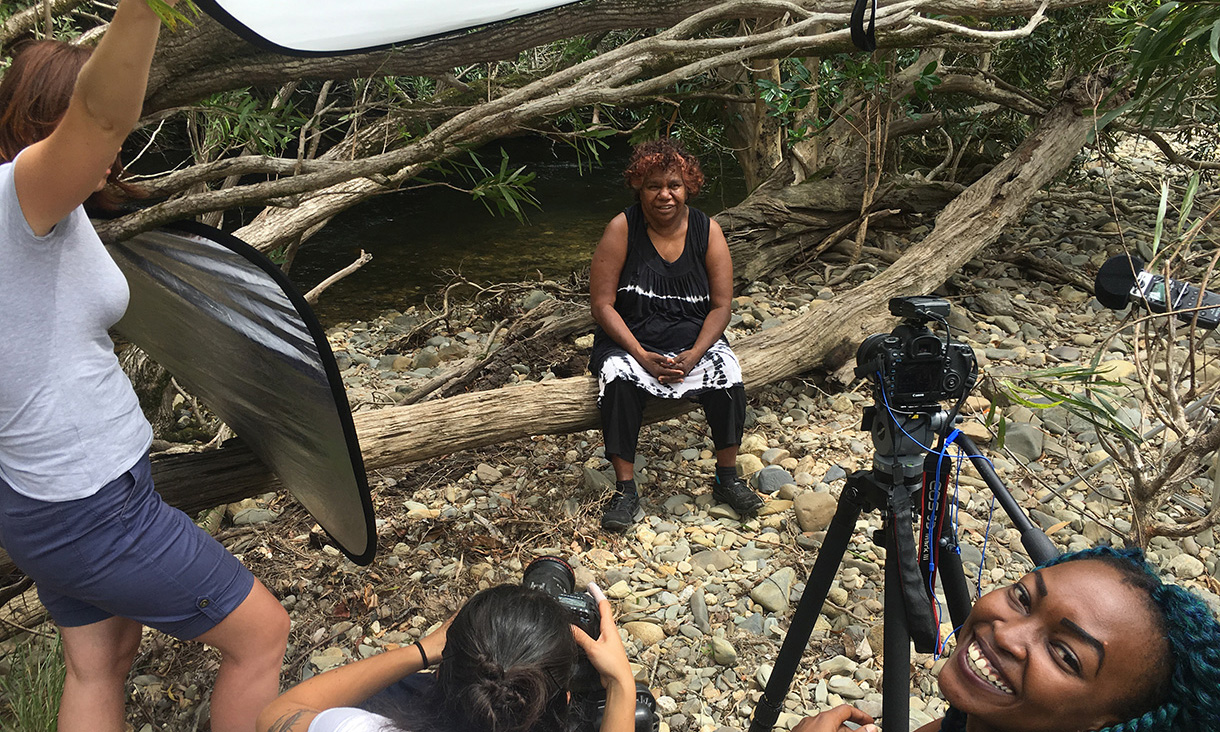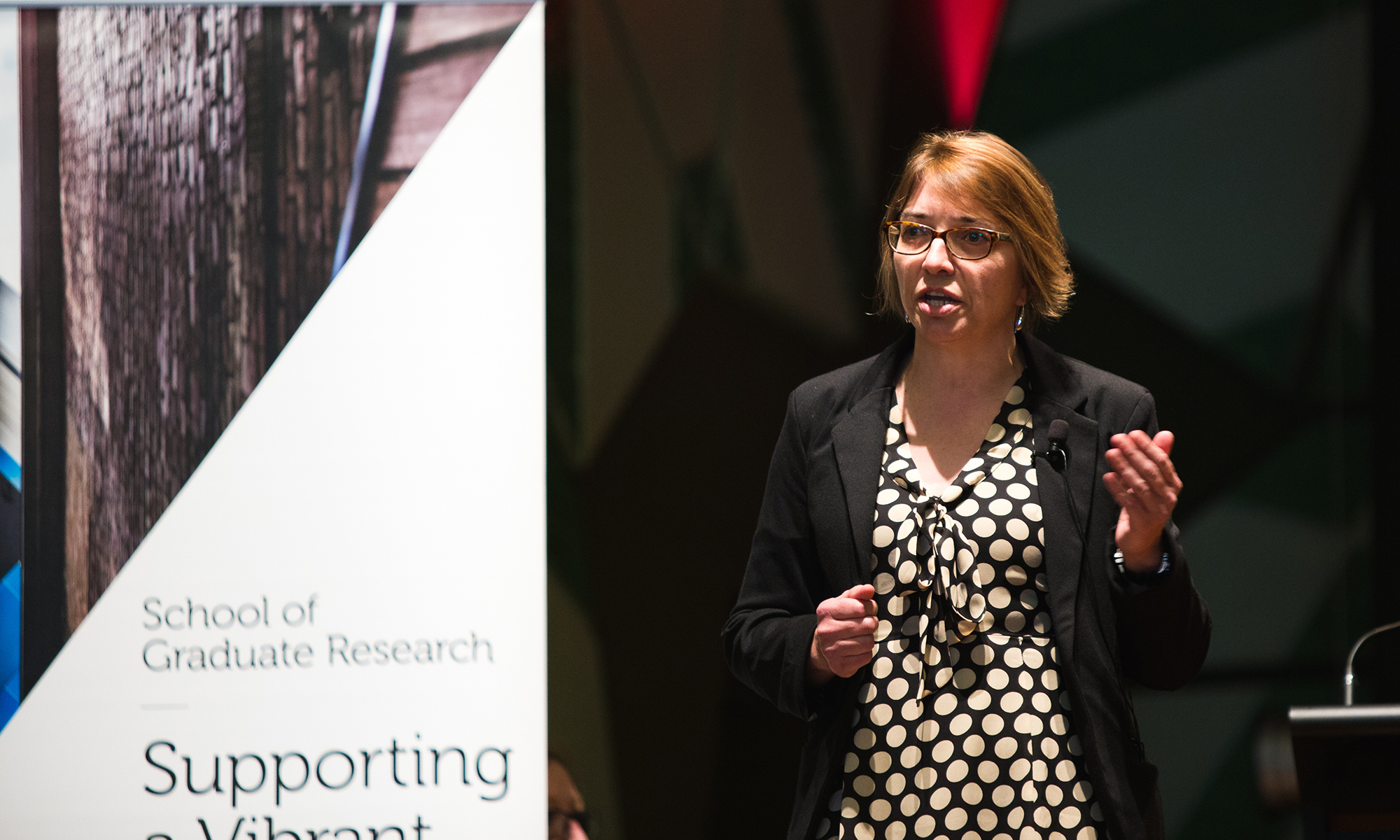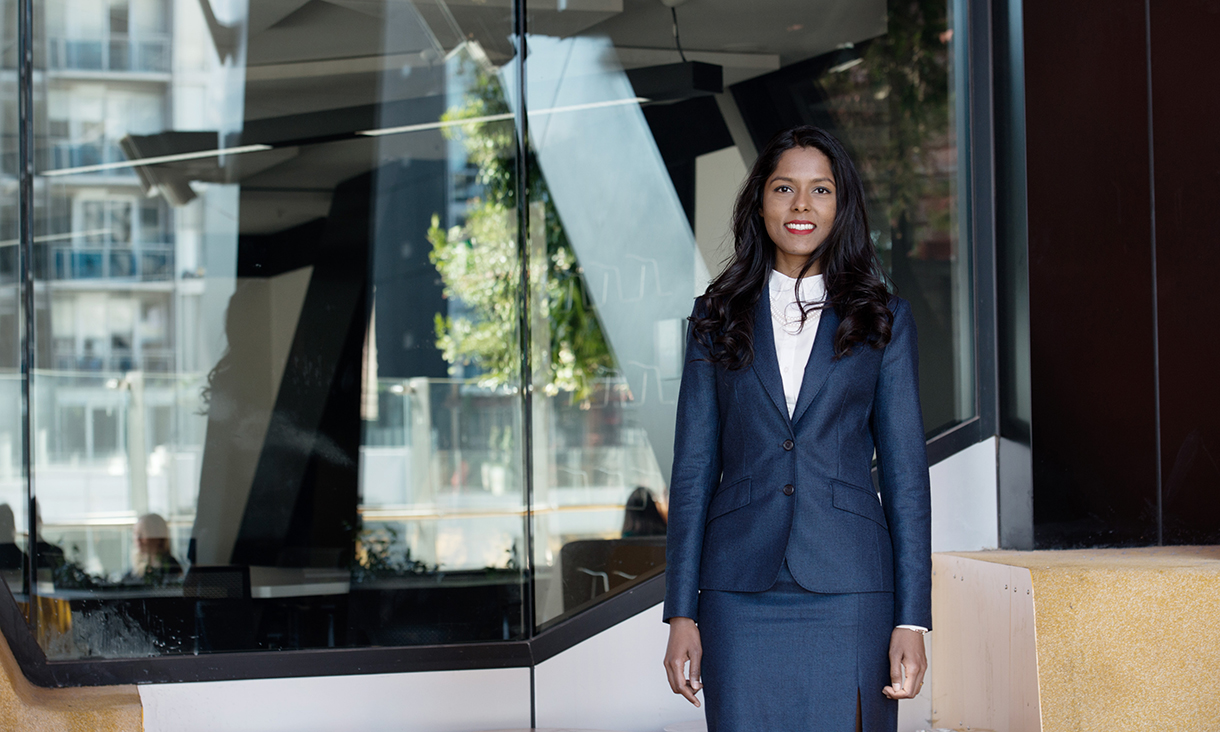Tim Pendlebury’s work-integrated learning (WIL) placement at Siemens was a springboard into a job at the global technology giant.
During his placement, Pendlebury worked on the Sustainable Urban Precincts Program (SUPP) and New Academic Street (NAS), helping senior Siemens engineers install building management systems across RMIT’s City campus. These systems help to control heating and ventilation to reduce energy and water use.
Pendlebury completed a Bachelor of Electrical Engineering in 2017 and is now working as a Building Automation Design Engineer at Siemens.
Tim's top tips for a smooth transition into the world of work:
1. Build your network
"Networking is the most important thing to do during your time at University and not just with potential employers and industry. Networking with other students is tremendously important, especially when managing intense study loads, and you never know where it might lead. A close friend of mine I was studying with saw the Siemens WIL placement on the RMIT career hub and said I should apply because it was so closely aligned to my interests.
Find the people that you get along well with and who work as hard as you do and help them as much as they help you. I made a couple of close friends during my program and I can honestly say that I wouldn’t have been able to do it without them. I’m also sure if you asked them, they would probably say the same thing about me."
2. It's an internship - make the most of it
"A few people I’ve met have forgotten that work-integrated learning is a placement. It’s not a money-making opportunity. Remember the whole reason you’re there and treat it accordingly. I spent a lot of extra time throughout my placement studying outside of normal working hours, but I think that’s what gave me the edge."
3. Build your social skills
"I think your academic results and resume get you the interview but your personality gets you the job. I was managing pubs and venues in Melbourne’s CBD constantly dealing with customers, staff and stakeholders while I was studying and that really taught me how to engage with people from different backgrounds. That experience really built and developed my social skills and that definitely helped me get this role.
When I had the interview at Siemens, they were as interested in my personality as my technical knowledge, and how I would go working in a well-established team of people and interacting with clients and contractors."
4. Seek out mentors
"During my placement I was fortunate enough to be mentored by a very experienced and knowledgeable Siemens engineer who was working on SUPP. He put a lot of time and effort into teaching me everything he could over the nine months we worked closely together.
His extensive experience and advice was extremely valuable for my learning and development. His outlook and opinions on not only the work and the SUPP project itself, but the industry and company as a whole were invaluable in helping me make the transition to the world of work. Not only was he a mentor, but he also became a close friend. I definitely owe a big part of this job to him and I’m very fortunate that we now work closely together as colleagues."
5. Put yourself out there
"I’d been on placement with Siemens for almost nine months, was nearing my graduation and faced with a decision on where I was headed next. I’d enjoyed my work on the SUPP project; the work was interesting and challenging and I was working with great people. It became obvious to me that I wanted to pursue a career with Siemens in building automation and control systems. I approached Siemens about my options when I finished studying, which led to me becoming part of their central engineering team."
6. Mentally prepare for the transition from student to staff
"The dramatic change in lifestyle was definitely the biggest challenge for me when I took my job at Siemens. I have a routine-based personality and was so accustomed to a set routine of studying through the week and on the weeknights and working intensely on the weekends.
Once my studies finished, my lifestyle was completely turned upside down. Finding that balance between work and social life became much more difficult, as the majority of my close friends still worked in hospitality and we now had different working hours. It was a difficult adjustment that I wasn’t really expecting so prepare yourself for that transition."




